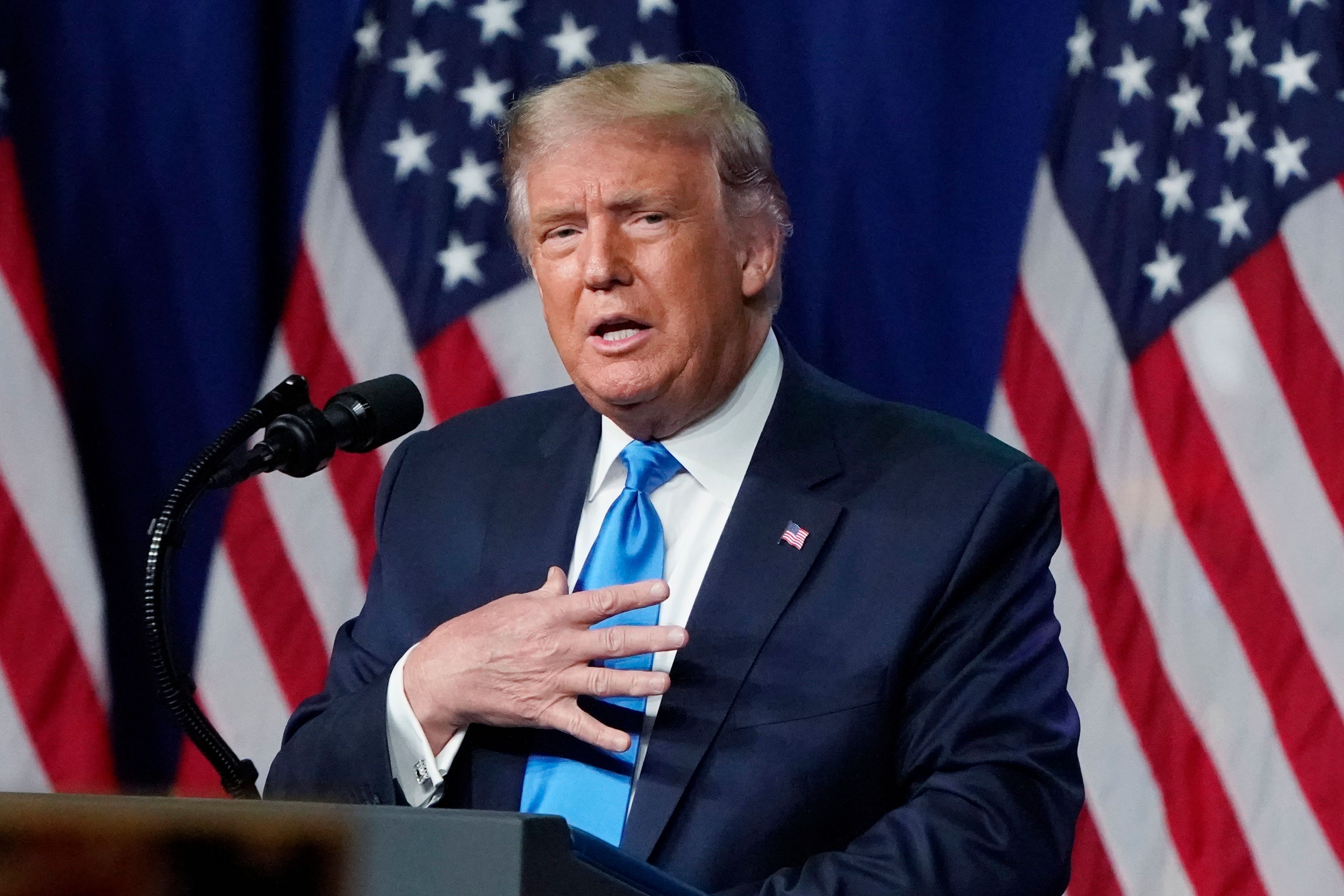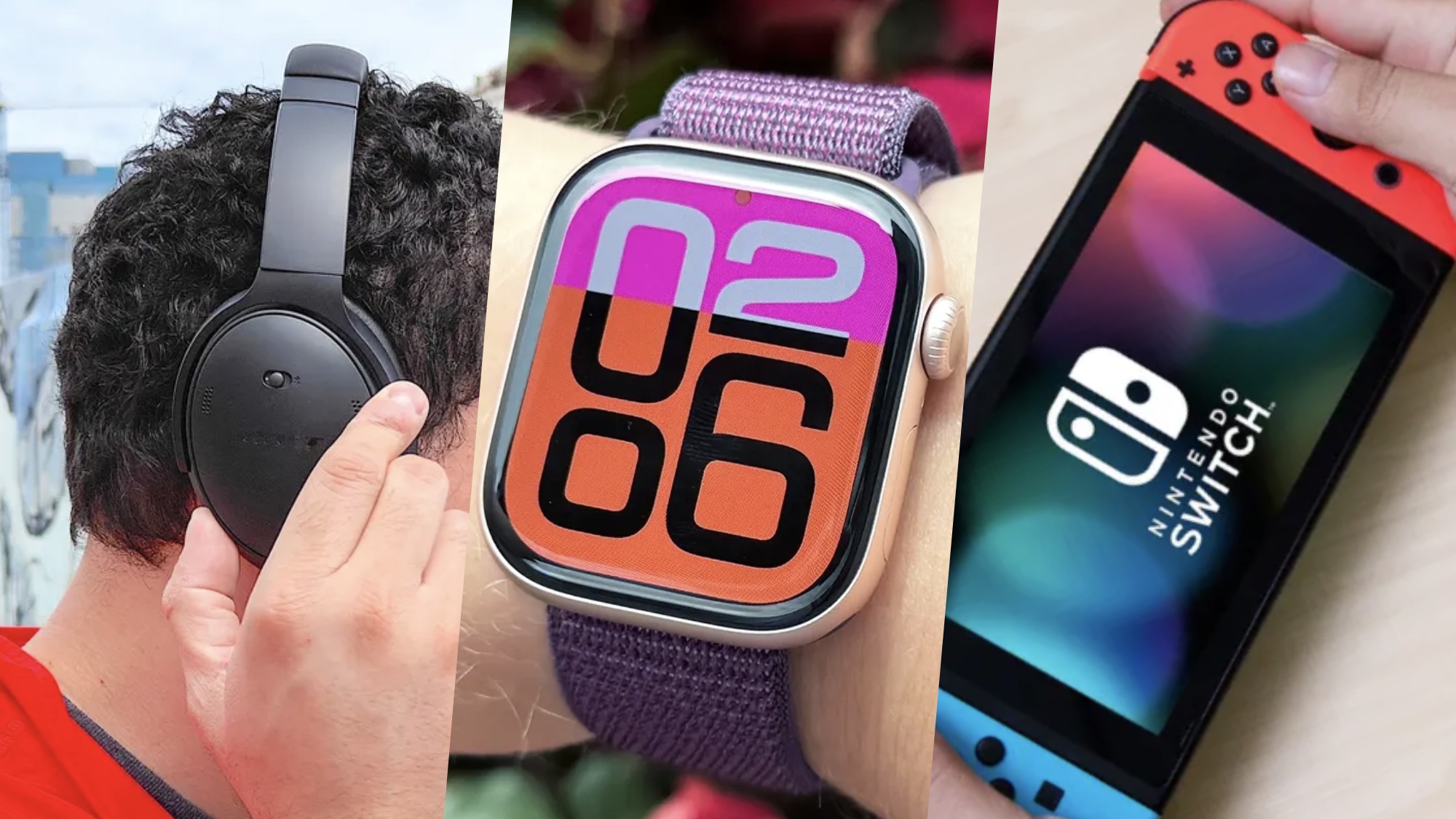
The tech sector is getting some relief from President Donald Trump's hefty tariffs on products imported from China, Mexico, and Canada. Smartphones, computer monitors, and some electronics will be exempt from his global reciprocal tariffs, according to a U.S. Customs and Border Protection notice posted late Friday.
Along with these consumer products, exclusions will apply to semiconductors, solar cells, flat panel TV displays, flash drives, memory cards, and solid-state drives. The exemption applies to products entering the United States or removed from warehouses as early as April 5.
The notice explained these products will be excluded from Trump's 10% global tariff on most countries as well as the 145% tariff imposed on Chinese imports, a move that's poised to take a serious toll on some of the biggest names in tech, from Apple to Nvidia and more. Since iPhones aren't made in the U.S., Trump's tariffs stood to seriously impact the iPhone 17's price when it rolls out later this year.
In the weeks following Trump's tariffs announcement, the stock market has been in freefall. Apple, which makes the majority of its products in China, has been among the hardest hit, losing over $640 billion in market value since April 2, when Trump signed a sweeping executive order instituting reciprocal tariffs on several countries critical to Apple’s supply chain. Some analysts predicted the iPhone 16's price could balloon by up to 43% or more to offset the extra cost.
Potential relief from rising tech prices

All your favorite tech brands — everything from the best iPhones and best MacBooks to PCs, gaming consoles and more — stood to feel the ripple effects of these tariffs. Most tech devices are built using imported parts if they're not manufactured outside the U.S. entirely.
Tech companies have expressed mounting concerns that the price of electronics for U.S. consumers could soar given that so many of them rely on Chinese manufacturing. Based on early estimates, the Consumer Technology Association predicted the prices for laptops and tablets could increase by 46-68%, while video game consoles could jump by as much as 40-58%.
Now with these exemptions in place, it's a big win for tech companies and consumers alike. Companies like Apple won't have to decide whether to take the hit or offload the increased price of doing business onto customers — at least for now. With how much the White House has been flip-flopping these past few weeks in its tariff rollout, it's hard to say anything for certain.
Francisco Jeronimo, vice president EMEA, Devices (Data & Analytics) at IDC, told Tom's Guide that the exemptions "a clear recognition of the economic shock such duties would deliver to American consumers, some of the most popular consumer electronics brands and the broader tech industry."
"The reality is that major US technology companies remain heavily dependent on China’s highly efficient and deeply integrated manufacturing ecosystem," Jeronimo added. "For high-volume products like smartphones, tablets or PCs, any attempt at rapid diversification would be both costly and logistically unfeasible."
The notice comes after China responded to Trump's escalating trade war on Friday with tariffs of its own to the tune of a 125% tariff on all U.S. goods. The exemptions also seem to undermine a cornerstone of Trump's tariff regime: That it's part of an “economic revolution” to drive high-tech supply chains and parts suppliers to the U.S. and employ American workers. How that'll come to pass without major tech companies facing the sting of higher tariffs remains to be seen.







